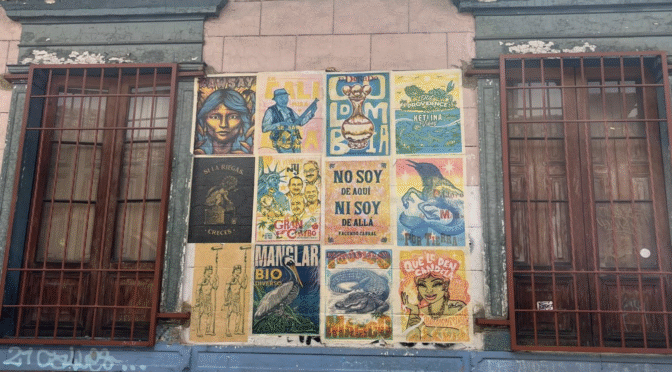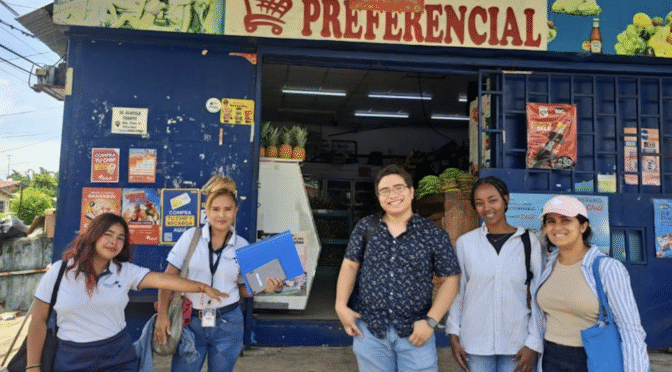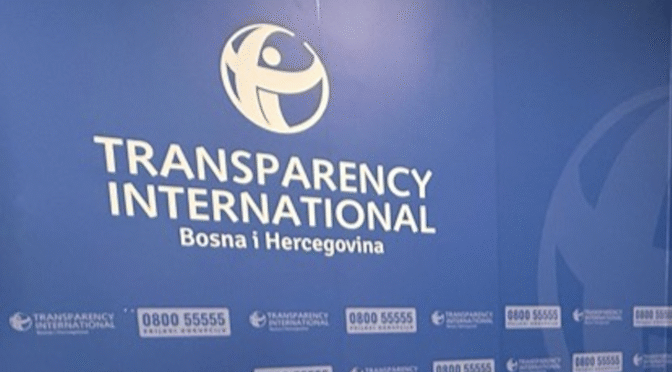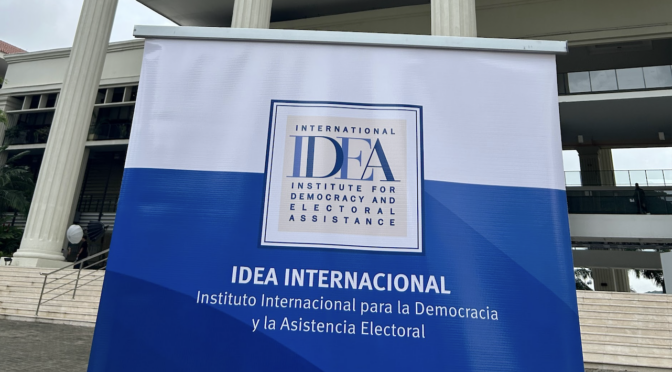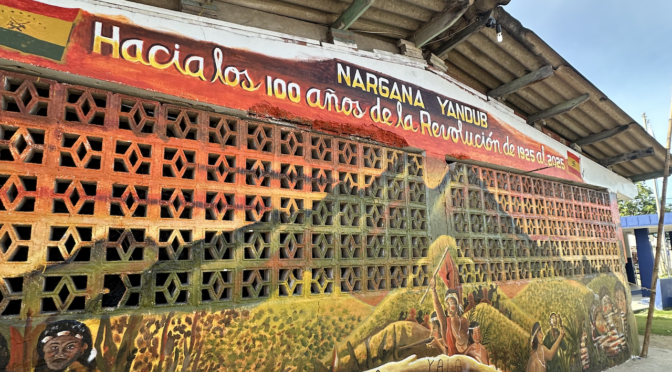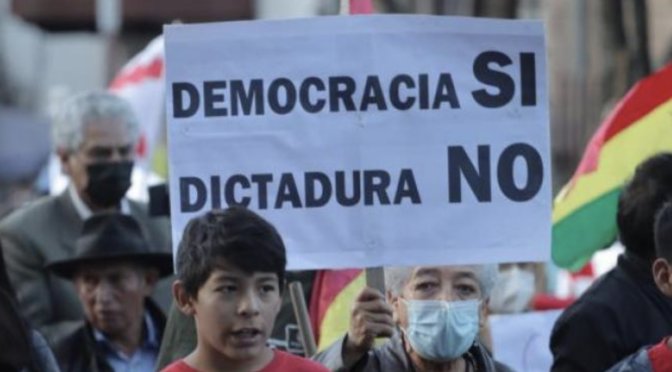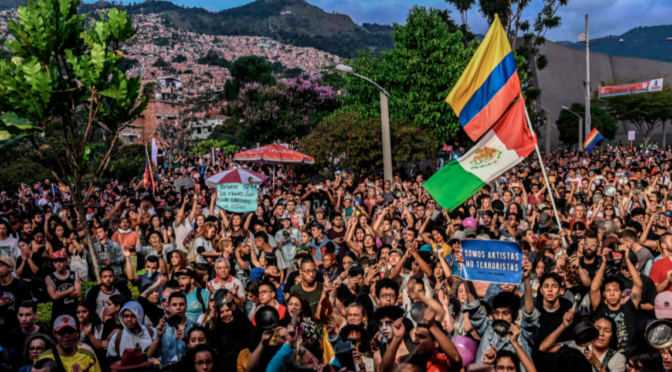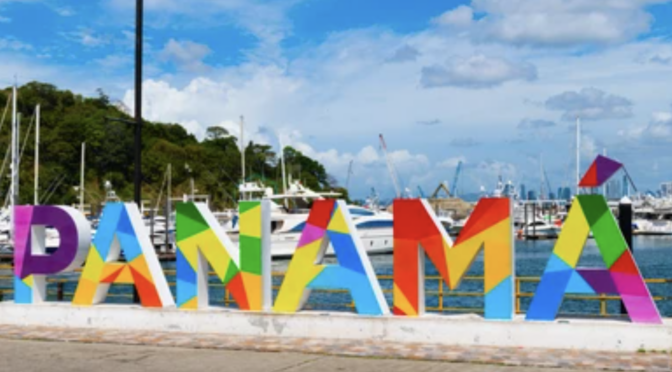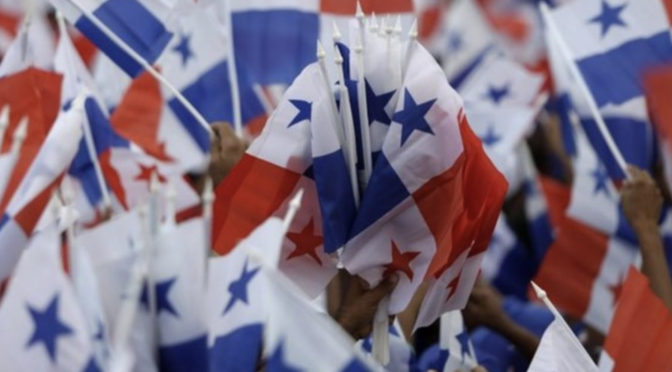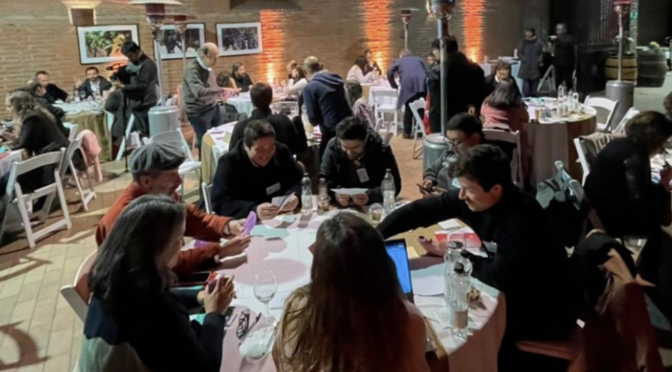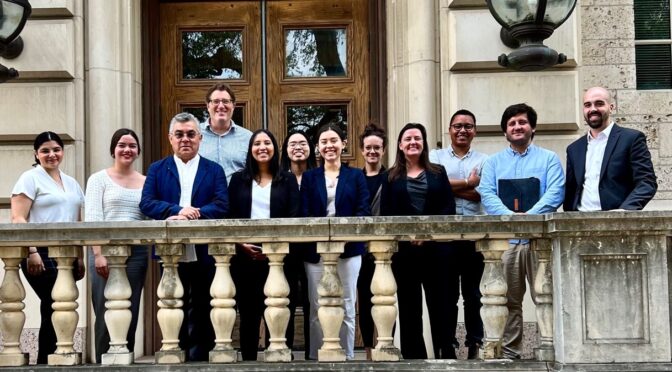By P. Salomé Valdivieso Santillán, Graduate student at the UT Teresa Lozano Long Institute of Latin American Studies
Our research project began with the aim of studying how different birthright nationality laws shape migrant integration in four diverse settings: Panama, Colombia, the Dominican Republic, and the United States. These countries differ not only in terms of language, policies, and economies, but also in the levels of inclusion towards migrants, which significantly impact how we conceptualize the south-north divide. The United States, for instance, grants citizenship to anyone born on its soil, while Colombia and the Dominican Republic impose stricter conditions that can leave children of migrants in legal limbo. Panama is a rare case, given the antecedents of the “Crisol de Razas” (melting pot) policies, where a melting pot ideology, similar to that of the United States, has been established as one of the primary identity markers of the country.
Continue reading Mapping Sense of Belonging and Birthright Citizenship Laws: My Experience Researching Migration and Nationality in the Americas